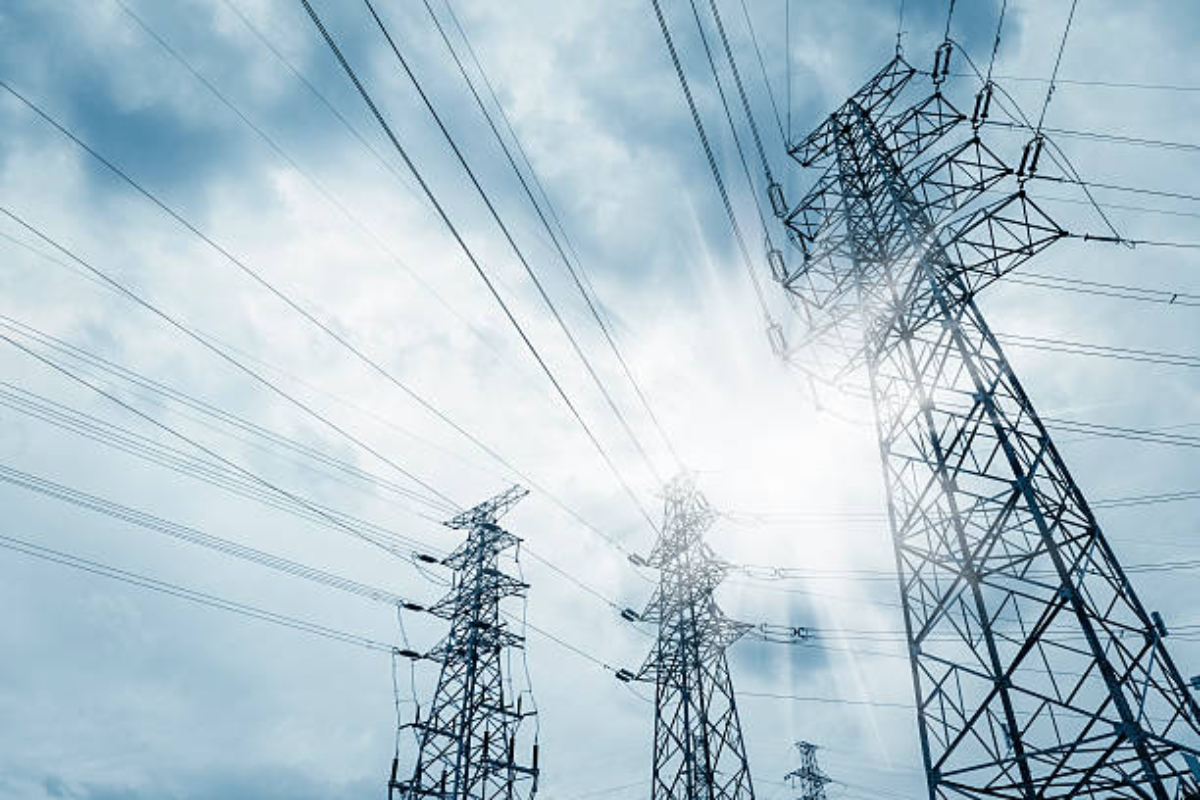The central government has made changes to the prevailing power tariff system through an amendment in the existing rules, introducing a ‘Time of Day’-based power tariff mechanism.
Rather than being charged for electricity at the same rate at all times of the day, the price you pay for electricity will vary according to the time of day after amendments are made to the Electricity (Rights of Consumers) Rules, 2020.
Under the proposed Time of Day-based system, the tariff during solar hours eight hours of a day shall be 10-20 per cent less than the normal tariff, while the tariff during ‘peak hours’ will be 10-20 per cent higher.
This proposed tariff would apply for commercial and industrial consumers with a maximum demand of 10 KW and above from April 1, 2024, and for all other consumers except agricultural consumers, from April 1, 2025.
“Time of Day tariff shall be made effective immediately after installation of smart meters, for the consumers with smart meters,” the Union Ministry of Power said on Friday in a release.
Union Power Minister RK Singh said the time-based tariff system is a win-win for consumers as well as the power industry.
“The TOD tariffs comprising separate tariffs for peak hours, Solar hours and normal hours, send price signals to consumers to manage their load according to the Tariff. With awareness and effective utilization of the ToD tariff mechanism, consumers can reduce their electricity bills,” Singh said.
The time-based tariff system is recognised globally across electricity industries as a means to shift a portion of their power loads from peak times to off-peak times, thereby improving the overall load factor.
Meanwhile, the government has also simplified the rules for smart metering. To avoid inconvenience to consumers, the existing penalties for the increase in the consumers’ demand beyond the maximum sanctioned load or demand have been reduced.
“The current amendment to the Rules is a continuation of the measures taken by the government, to empower power consumers, to ensure 24X7 reliable electricity supply at affordable cost, and to maintain a conducive ecosystem for investment in the power sector,” the power ministry release added.












